Category: Chemistry
-

Nick Sterling, University of West Georgia – Chemical Evolution of the Universe
On University of West Georgia Week: How were the different elements in the universe produced? Nick Sterling, associate professor of physics, explores a fossil record of stars to find out. Dr. Sterling grew up in St. Paul, MN and attended the University of Wisconsin-Madison, where he earned a double B.S. in physics-astronomy and mathematics. He…
-

Eric Pallant, Allegheny College – There is a lot to Learn From Sourdough Bread
On Allegheny College Week: We have lots to learn from sourdough bread. Eric Pallant, professor of environmental science and sustainability, explains why. Dr. Eric Pallant has been a professor of Environmental Science at Allegheny College in Meadville, Pennsylvania since 1987. He is also chair of the department of Environmental Science and Sustainability, #2 in the…
-
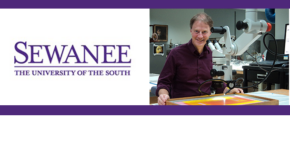
Rob Bachman, University of the South – Designing New Platinum-Based Anti-Cancer Drugs
On University of the South Week: Platinum isn’t just for well selling music artists. Rob Bachman, professor of chemistry, explores a benefit of this precious metal. Rob Bachman earned a B.A. and a Ph.D. in chemistry at Rice University with a focus in inorganic, organometallic, and organic chemistry. He teaches a variety of upper level…
-

Craig Teague, Cornell College – Soft Drinks and Carbon Dioxide Emissions
On Cornell College Week: Can soft drinks help reverse climate change? Craig Teague, professor of chemistry, examines how soda could be part of the solution. Craig Teague is a Professor of Chemistry and the Richard and Norma Small Distinguished Professor at Cornell College. He cares deeply about teaching and constantly strives to improve his courses…
-
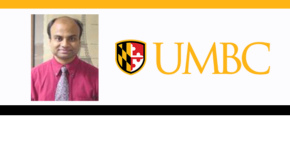
Upal Ghosh, University of Maryland Baltimore County – PCBs
A better way to rid waterways of harmful PCBs could be on the way. Upal Ghosh, professor in the department of chemical, biochemical, and environmental engineering at the University of Maryland, Baltimore County, discusses this breakthrough. My research group explores fundamental process mechanisms that control pollutant fate in soils, sediments, and aquatic environments. We use…
-
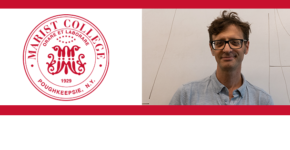
John Galbraith, Marist College – Chemical Bonding
Our understanding of chemical bonding might need an update. John Galbraith, associate professor of chemistry at Marist College, explains why. In 1992 I received my BA in Chemistry from the Colorado College in Colorado Springs, CO and my PhD in Physical Chemistry in 1997 from the University of Georgia in Athens, GA. While at the…
-
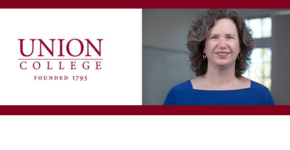
Mary Carroll, Union College – Aerogels
On Union College Week: How do we make buildings more energy-efficient? Mary Carroll, professor of chemistry, looks into this question. Mary K. Carroll is the Dwane W. Crichton Professor of Chemistry at Union College. She co-directs the College’s Aerogel Lab with Dr. Ann M. Anderson, the Agnes S. MacDonald Professor of Mechanical Engineering. They have…
-
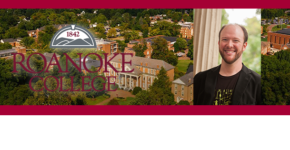
Steven Hughes, Roanoke College – Improving LED Technology
On Roanoke College Week: LED bulbs reduce energy consumption; but can they get better? Steven Hughes, assistant professor of chemistry, examines this question. Dr. Steven Hughes, assistant professor of chemistry, teaches general and physical chemistry. He has a strong research interest in finding new materials systems for LED lighting that exhibit sufficient light shifting properties…
-
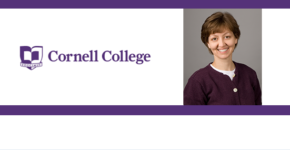
Cindy Strong, Cornell College – Pottery and Chemistry
Can chemistry help us better understand the past? Cindy Strong, professor of chemistry at Cornell College, examines fragments of ancient pottery to reveal different cultures. Cindy Strong earned her Ph.D. in chemistry from the California Institute of Technology (Caltech) and has been at Cornell College since 1989, where she teaches courses in analytical and inorganic chemistry.…
-
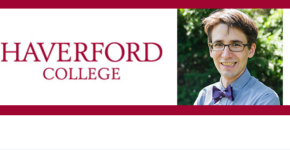
Joshua Schrier, Haverford College – Dark Reactions
Hiding your failures is common, but may not beneficial if you’re a scientist. Joshua Schrier, associate professor of chemistry and department chair at Haverford College, explores dark reactions and what the failures of an experiment can teach us. Joshua Schrier is an Associate Professor of Chemistry, and Department Chair at Haverford College, a small private…
